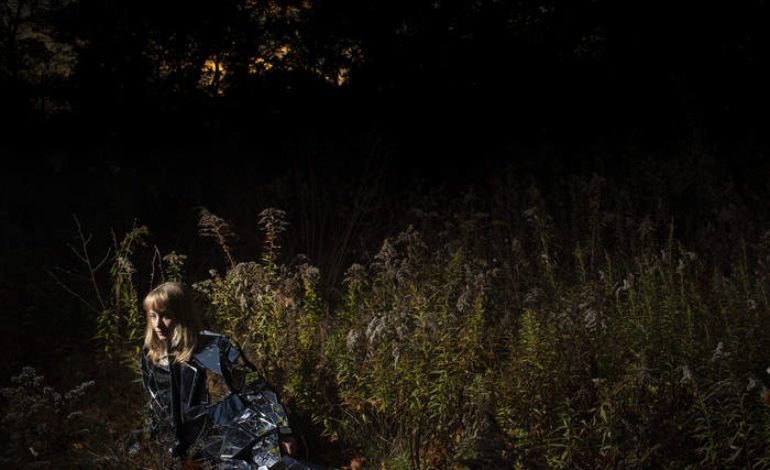

Singer-songwriter from the 6 dismayed by impending ecological peril
The Weather Station has been all over the barometer from album to album. Each time the outfit completely redresses; All of It Was Mine (2011) is equipped only with an earthy acoustic folk-guitar and Toronto-based frontwoman Tamara Lindeman’s sonorous vocals; Loyalty (2015) dips into hi-fi recording and is considerably less corporeal, foraying into digital production; The Weather Station (2017) continues in the hi-fi vein, closer to the mic and in 4K resolution not quite folk and not quite pop, and bearing an awkward full-frontal of Lindeman (probably an allusion to her own vulnerability) clothed, of course. In The Weather Station’s latest full-length, Ignorance, she jettisons her signature sylvan sound for a brooding, introspective monograph on global environmental precarity (according to an interview) while dialing singer-songwriter seriousness and quirky pop devices.
It opens with the anti-capitalist anthem, “Robber.” The instrumentals are soused in suede, and Lindeman assumes a hushed, heavy-eyed tone as she declares she’s “never believed in the robber.” From the outset, one notices an unprecedented hyper-focusing on the production than the previous output. Strings, ethereal gusts, a simple-yet-smart drumtrack, wind chimes, synth, sax, electric guitar and piano all incorporate the space. The volume gradually increases, and all the instruments grow more vocal and emergent. She’s “never believed in the robber” and “you’ve never believed in the robber, but the robber believed in you.”
That simple-yet-smart drum track then turns into an ambient one in the gospel-like “Atlantic” where Lindeman channels the ghost of Patti Smith in between a whisper and a soprano. Plucks and ticks of an electric guitar abound under a sacramental triadic progression that carries over into “Tried To Tell You,” which is offset at times with a warmly exuberant and cartoonish lick.
That singer-songwriter seriousness and the ebullience of pop composite appears throughout the album but is epitomized in “Separated.” With notes of futuristic-funk and misty entrances of avant-garde artifice, she lists all the things some pronoun-less something is separated by (“all the things you thought you knew,” “the results you could not disprove,” “answers you cannot choose,” “all the arguments you lose”) until it ends on the final melodramatic asseveration “separated by the belief this cut can heal.”
From ambiguity, Lindeman then tries out a metaphor, or should one say, try on. In “Wear,” she tries to wear the world “like some kind of garment” or “a jacket that doesn’t keep her warm” (or the sartorial metaphor lies in her self-made mirror suit on the cover) in an extremely minimal, instrumentally-austere architecture the next song fills with a somber piano. “Trust” is hands down the best track on the LP. It’s utterly moving. Compared to the previous songs, the piano de-muffles, now in perfect hi-fi acoustics accompanied by lo-fi percussion, dichotomizing the piano’s clarity. “Dim the lights and draw the curtains. This is the end of love,” she sings contritely, the piano evocative of Gary Jules’ rendition of “Mad World.”
Then it goes from downcast to uppity in the penultimate “Heart” and right back down again with a lithe, compressed guitar lick flaring out at times as she assimilates the generic pop cadence in the last of the 11 tracks, “Subdivisions,” keening on to completion.
To pigeonhole it through The Weather Station’s willful origin reveal, the number one folly of rendering an artistic work univalent, Ignorance is like humanity’s breakup album with the Earth. It’s a shame she inadvertently demystified her own work, killing any chance, slim or wide, of its own undecoded mystique, dragooning it into a single point in time with a single theoretical point, kissing goodbye without a kiss the hope of its timelessness. Because, much like our planet, it’s beautiful as it is but once touched by human dogmatism, it wilts.
